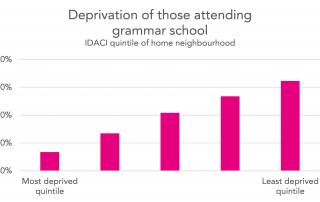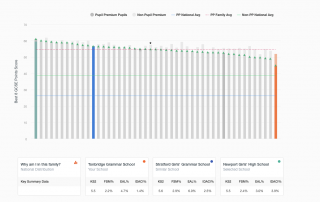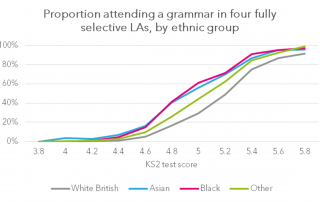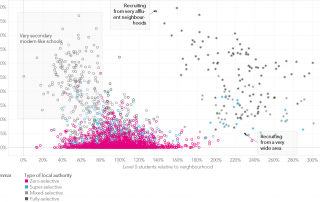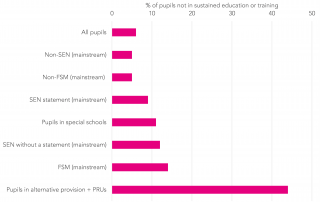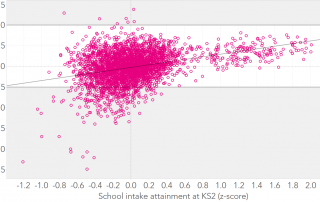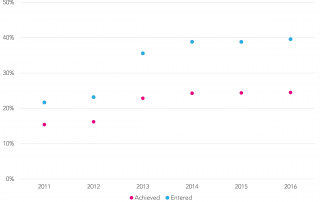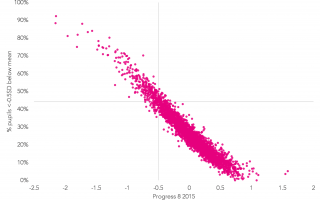Understanding grammar schools
Since the government’s announcement that it wants to see the return of more widespread selectivity to England’s education system we have written quite extensively about grammar schools and the impact of selectivity. In this post, however, we’re going to step back a little and offer a more descriptive overview of the existing network of selective [...]



